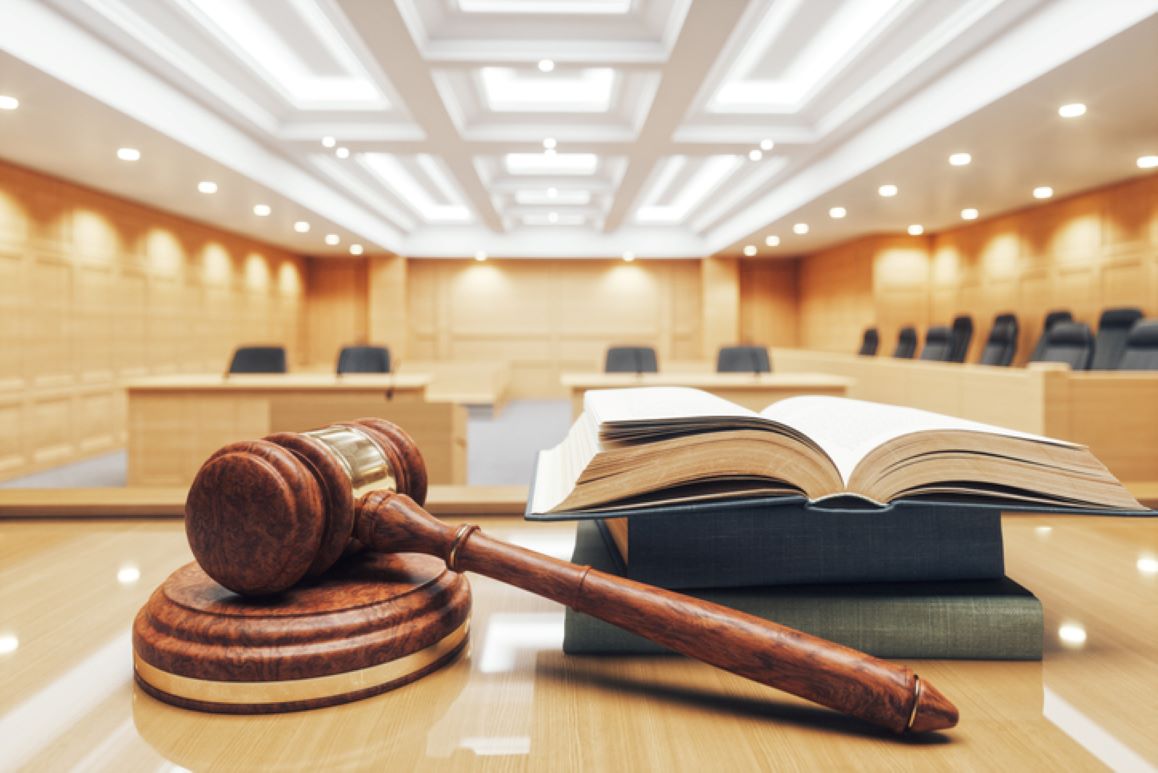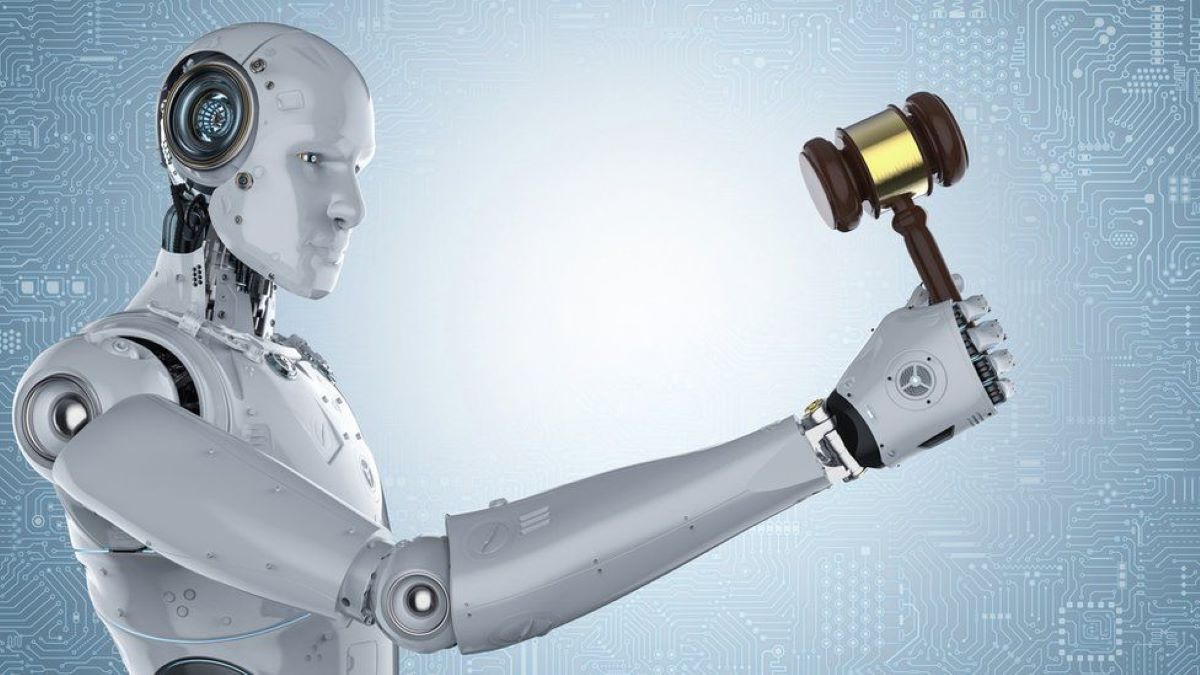A British man who intended to use a “robot lawyer” to help a defendant contest a traffic ticket has abandoned the plan after facing threats of possible prosecution and jail time.
Joshua Browder, the CEO of New York-based startup DoNotPay, developed a system that would allow individuals contesting traffic tickets to use AI-generated arguments in court.
The proposed system was designed to work as follows: The person disputing a speeding ticket would wear smart glasses that record court proceedings and relay responses into the defendant’s ear via a small speaker. The system depended on leading AI text generators, such as ChatGPT and DaVinci.
The first AI-powered legal defense was scheduled to occur in California on February 22, but it will no longer proceed.
As news of the initiative spread, Browder reported that state bar officials expressed significant concern. He noted that numerous angry letters began arriving.
“Multiple state bars have threatened us,” Browder said. “One even mentioned that a referral to the district attorney’s office and possible prosecution and prison time could be on the table.”
Specifically, Browder mentioned that one state bar official pointed out that the unauthorized practice of law is a misdemeanor in some states, punishable by up to six months in county jail.
“Even if it wouldn’t happen, the threat of criminal charges was enough to make us abandon the effort,” he said. “The frequency of these letters led us to believe it was becoming more of a distraction and that it was better to move on.”
State bar organizations are responsible for licensing and regulating attorneys to ensure that people hire lawyers who are knowledgeable about the law.
Browder declined to specify which state bar sent the threatening letters or which official made the threat of prosecution. He mentioned that DoNotPay is under investigation by several state bars, including California’s.
In a statement, George Cardona, Chief Trial Counsel of the State Bar of California, refrained from commenting on the investigation into DoNotPay but emphasized that the organization has a responsibility to investigate potential instances of unauthorized practice of law.

“We routinely inform potential violators that they could face prosecution in civil or criminal court, which is entirely at the discretion of law enforcement,” Cardona said.
Leah Wilson, the State Bar of California’s executive director, told NPR that there has been a recent influx of technology-based legal services emerging to address the need for affordable legal advice.
“In 2023, we are observing well-funded, unregulated providers entering the market for low-cost legal representation, which raises questions about whether and how these services should be regulated,” Wilson said.
Even if the use of AI in the courtroom were not under scrutiny, some observers have questioned the effectiveness of DoNotPay’s AI tools for providing legal services, with mixed or unsatisfactory results reported from attempts to use its basic features.
Browder is known for generating attention with stunts. Earlier this month, he claimed on Twitter that the company would pay any lawyer $1 million to argue before the U.S. Supreme Court while wearing AirPods that would transmit AI-generated arguments from its “robot lawyer.”
Founded in 2015, DoNotPay has raised $28 million, including investments from the prominent venture capital firm Andreessen Horowitz, according to analytics firm PitchBook.
Shifting away from AI legal defense amid threats, Browder stated that DoNotPay will now focus on helping people with costly medical bills, unwanted subscriptions, and issues with credit reporting agencies.
Browder remains hopeful that AI could still have a future in the courtroom. “The truth is, most people can’t afford lawyers,” he said. “This could have shifted the balance and allowed people to use tools like ChatGPT in the courtroom to potentially help them win cases.”
The future of robot lawyers faces additional uncertainty due to courtroom rules. Recording audio during live legal proceedings is not permitted in federal court and is often restricted in state courts.
The AI tools developed by DoNotPay, which remain untested in actual courtrooms, require recording audio of arguments to enable the machine-learning algorithm to generate responses.
“I think calling the tool a ‘robot lawyer’ really riled a lot of lawyers up,” Browder said. “But I believe they are missing the broader issue. Technology is advancing, while courtroom rules are lagging behind.”







Leave a Reply